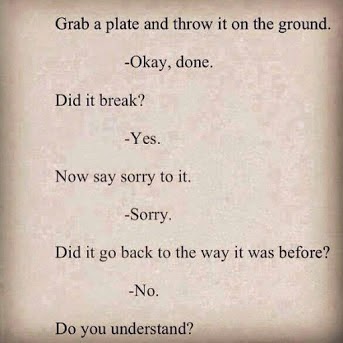Home Truths, Open Secrets and Women's Memories in Ireland

It is a a painful, poignant time to be in Ireland, as the #800babies scandal breaks. People speak of little else. Everyone has a strong opinion. Hello, Pandora's box. In a nutshell: Local historian Catherine Corless engaged in a long, tedious process of determining how many babies and children died in the Tuam, Galway Mother and Baby Home between 1925 and 1961. The project began in an attempt to erect a plaque for an unmarked gravesite on the grounds of the former home run by the Bon Secours order. Looking to name the children, Corless expected to find a few. The county registrar came back with 796 death certificates. The historian cross-referenced the list of dead children with many area cemeteries. None of the names appeared, raising the question of where the bodies were buried. Further investigation revealed that the gravesite was not the only burial ground at the home; in the 1970s, bones had been discovered onsite, the story silenced.








